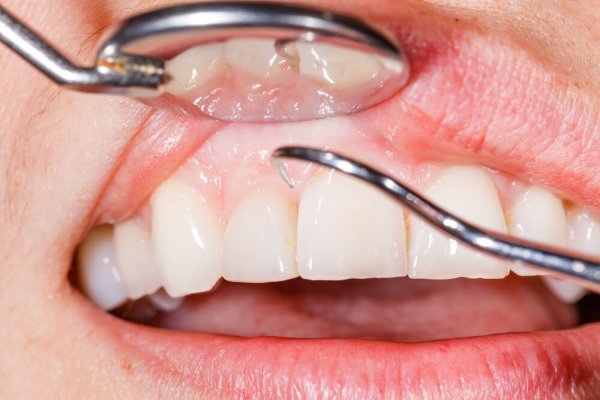How to Manage Periodontitis and Prevent it from Worsening
Around 85 percent of adults in America have some aspect of gum disease. Whether it’s an advanced stage of periodontitis or the early stages of gingivitis, gum disease is one of the most widespread conditions in the United States. Good Samaritan Dental Implant Institute of West Palm Beach, Florida, can help if you have gingivitis or periodontitis. It’s important to know what happens with these gum diseases and how you can prevent them from worsening.
What Is Gingivitis?
Gingivitis is a gum disease in its earlier stages. It develops when bacteria harden into plaque on the teeth’s surface and allows bacteria to develop under the gums. This, in turn, leads to redness, swelling, and bleeding of the gums that is usually noticeable when a person brushes their teeth or flosses.
Generally, there is no pain associated with gingivitis. The condition can also be reversed when the person practices better oral care, including flossing and seeing a dentist for thorough cleanings.
What Is Periodontitis?
Periodontitis, the more serious gum disease, can develop if plaque develops beneath the gum line. The gums become irritated and inflamed by toxins from bacteria that get trapped within. There is usually pain involved with periodontitis, and the gums may bleed and feel sore, tender, and swollen. It can be difficult to chew in a particularly affected area of the mouth as well. If this form of gum disease progresses, the bacteria beneath the gums can cause the jaw to lose bone, which can ultimately lead to tooth loss in the later stages.
While periodontitis cannot be reversed, its progression can be halted. The bone loss you experience cannot be reversed, either, as bone doesn’t grow back. However, oral surgery can be performed by an oral surgeon using tissue grafting to replace the lost bone and gum tissue. There are three types of oral surgery that might be done on a person who has periodontitis: gingival flap surgery, gingivectomy, or gingivoplasty.
You may also be a candidate for dental implants if your periodontitis is not in the late stages. Although this is largely seen as a cosmetic procedure, dental implants can help a person to both look and feel better and not have to be fitted with dentures. Talk to your oral surgeon about this cosmetic procedure.
What Can You Do to Prevent Further Damage?
If you have periodontitis, it’s important to take certain steps to prevent it from worsening. You should be careful of certain habits, such as eating too many sweets, smoking, or using chewing tobacco as these things can exacerbate the condition.
There are certain care methods you can use to help stop periodontitis from progressing. The following may be effective:
• Brush your teeth: Brushing your teeth and gums gently can help preserve oral health. You may even want to brush a third time after lunch if possible. Take an extra step by brushing your tongue as well as it kills excess bacteria.
• Floss: Flossing is something you should absolutely make a daily habit of doing, especially at night. You can use floss sticks if you have difficulty using regular floss. A water pick may even be a good option because it washes away excess food particles that may be stuck between your teeth and at your gum line.
• Use mouthwash: Swishing mouthwash in your mouth once or twice per day can also help by killing the bacteria. Use a mouthwash that contains zinc chloride.
If you need treatment for gum disease in West Palm Beach, Florida, pay a visit to Good Samaritan Dental Implant Institute. We will provide you with quality care and restore your smile with dental implants.


